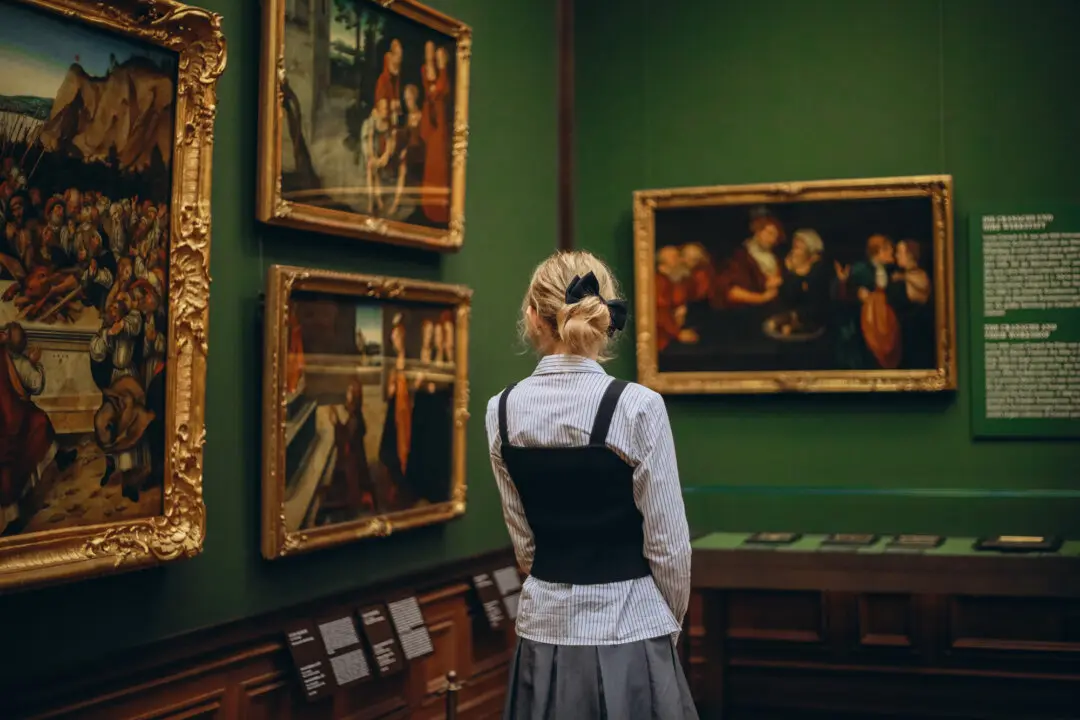You breathe a sigh of relief: “At last.” The obligations of the day are done. The last report submitted, the last email sent, the last dish washed. The work of the day is completed. Now the question arises: “What do I do now?”
Many people consider the important part of the day over by this point, and the remaining hours are simply a rest period, “leisure time.” Often, when we think of leisure, we picture kicking back in an armchair to watch some TV, or hitting the links for an afternoon round of golf. We think of leisure time as a time for relaxation and recreation.






